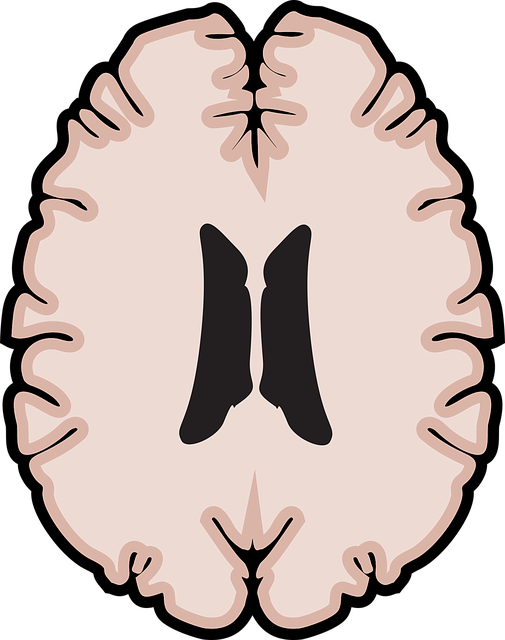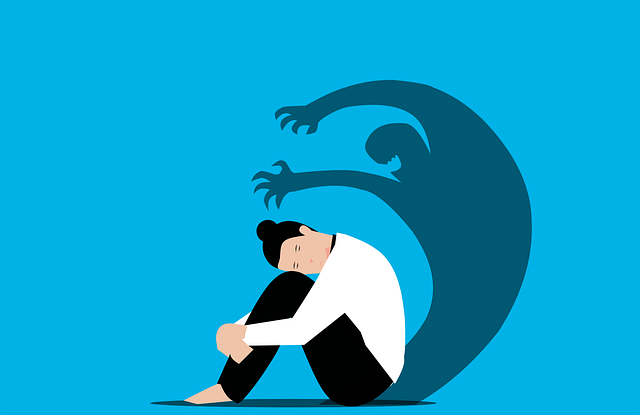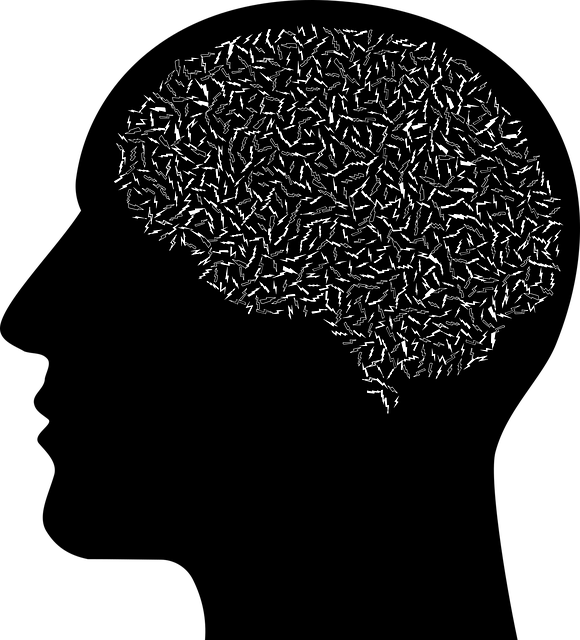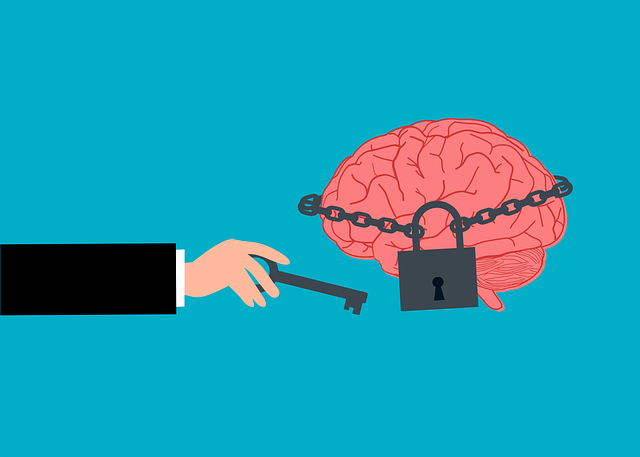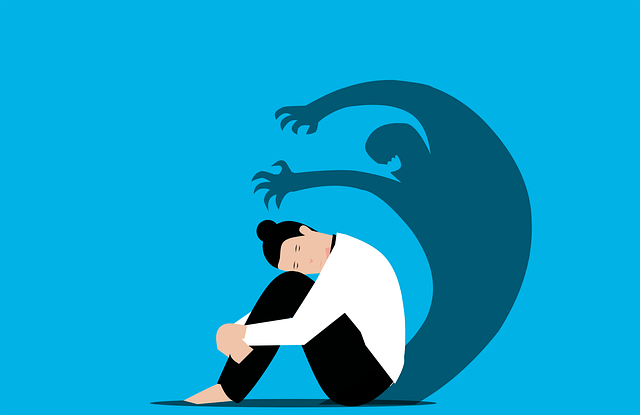Louisville dissociative disorder therapy leverages positive thinking exercises as a holistic approach to recovery. By reframing negative thoughts and beliefs, therapists empower patients to manage dissociation symptoms, improve emotional regulation, enhance self-esteem, and reduce stress. This process involves identifying triggers, developing healthier cognitive responses, and integrating practices like gratitude journaling and mindfulness meditation into daily routines. Success is measured through tracking symptom changes, patient-reported quality of life, and clinical assessments, with advocacy for community resources to support long-term recovery.
Positive thinking exercises have emerged as a powerful tool in Louisville dissociative disorder therapy, offering a proactive approach to managing symptoms. This article delves into the transformative power of positive thinking, exploring its benefits and practical implementation. We guide therapists through identifying negative thought patterns, providing effective techniques to encourage positivity during sessions. Furthermore, we discuss strategies for incorporating daily practices, ensuring sustained results in Louisville dissociative disorder therapy.
- Understanding Positive Thinking and Its Benefits for Louisville Dissociative Disorder Therapy
- Identifying Negative Thought Patterns: A Key Step in Dissociative Disorder Management
- Practical Techniques for Encouraging Positive Thinking in Therapy Sessions
- Incorporating Daily Practices: Sustaining Positivity Beyond Therapy in Louisville
- Measuring Success and Adjusting Strategies for Optimal Louisville Dissociative Disorder Therapy
Understanding Positive Thinking and Its Benefits for Louisville Dissociative Disorder Therapy

Positive thinking exercises play a pivotal role in enhancing the therapeutic process for individuals dealing with Dissociative Disorder in Louisville. This approach focuses on cultivating optimistic and constructive thoughts, which can significantly impact mental health recovery. By encouraging patients to reframe negative perceptions and beliefs, therapists can help mitigate symptoms associated with dissociation—a common feature of this disorder.
Implementing positive thinking strategies in Louisville Dissociative Disorder Therapy offers a range of benefits. It empowers individuals to develop coping mechanisms that promote emotional regulation, enhance self-esteem, and improve overall well-being. Moreover, these exercises can facilitate better stress management, which is essential given the potential triggers for dissociation. Through techniques like reframing cognitive distortions and practicing gratitude, mental health professionals can assist clients in navigating their internal experiences more effectively, ultimately leading to improved functioning and a higher quality of life.
Identifying Negative Thought Patterns: A Key Step in Dissociative Disorder Management

Identifying negative thought patterns is a crucial step in managing dissociative disorder, a condition that often requires specialized Louisville Dissociative Disorder Therapy. This initial phase involves becoming aware of the recurring thoughts and beliefs that contribute to feelings of detachment or disassociation from one’s self or reality. Many individuals struggling with dissociative disorders may experience a constant stream of negative or distorted thoughts, which can be deeply ingrained over time. By recognizing these patterns, therapists and clients can begin to unravel the intricate web of dysregulated thinking.
Through various exercises and therapeutic techniques, patients learn to identify triggers and develop healthier cognitive responses. This process not only aids in managing symptoms but also fosters a sense of empowerment and self-awareness. As part of the therapy journey, some mental wellness podcasts or community outreach program implementations can provide additional resources and support networks, further enhancing the client’s confidence-boosting efforts.
Practical Techniques for Encouraging Positive Thinking in Therapy Sessions

Encouraging positive thinking is a powerful tool within therapy sessions, particularly for individuals navigating complex mental health challenges, including those with dissociative disorders in Louisville. Techniques such as cognitive reframing and gratitude exercises have proven effective in fostering resilience building. Through these practices, clients can learn to challenge negative thought patterns and replace them with more adaptive, positive perspectives.
Incorporating mindfulness practices and encouraging open dialogue around mental illness stigma reduction efforts further enhances the therapeutic experience. By cultivating a safe space where mental health awareness is prioritized, therapists empower clients to embrace a more optimistic outlook. This, in turn, can lead to improved coping mechanisms and overall well-being.
Incorporating Daily Practices: Sustaining Positivity Beyond Therapy in Louisville

Incorporating daily practices is a pivotal step in sustaining positivity beyond Louisville dissociative disorder therapy sessions. Engaging in consistent positive thinking exercises, such as gratitude journaling and affirmations, can help individuals cultivate an optimistic mindset. These practices empower people to reframe negative thoughts and focus on personal strengths, fostering resilience against challenges they may face outside of therapy.
Additionally, incorporating conflict resolution techniques and self-awareness exercises into daily routines can further enhance emotional well-being. Techniques like deep breathing, mindfulness meditation, and constructive communication skills enable individuals to navigate stressors with greater ease and promote healthier relationships. By integrating these practices into their everyday lives, Louisville residents can maintain a sense of positivity and balance, strengthening their overall mental health.
Measuring Success and Adjusting Strategies for Optimal Louisville Dissociative Disorder Therapy

Measuring success is a critical aspect of any therapy journey, especially for complex conditions like dissociative disorder. In Louisville Dissociative Disorder Therapy, therapists should adopt a multifaceted approach to evaluate progress. This involves tracking changes in symptoms, patient reports of quality of life, and clinical assessments. Regular sessions with structured measures can help identify areas of improvement and challenges, ensuring the treatment plan remains tailored to the individual’s needs.
Adjusting strategies is an iterative process that requires flexibility within the therapy framework. By incorporating evidence-based techniques like Mindfulness Meditation and Self-Care Practices, therapists can enhance Louisville Dissociative Disorder Therapy outcomes. Mental Health Policy Analysis and Advocacy also plays a role in supporting patients’ long-term recovery by advocating for resources and understanding within the broader community.
Implementing positive thinking exercises as part of Louisville dissociative disorder therapy can significantly enhance treatment outcomes. By identifying and challenging negative thought patterns, therapists can empower individuals to cultivate a more optimistic mindset. Practical techniques, such as cognitive reframing and gratitude practices, have proven effective in therapy sessions. Encouraging daily positive thinking routines allows for sustained improvements, fostering resilience and overall well-being for those navigating dissociative disorder. Continuous measurement of progress and strategic adjustments ensure tailored Louisville dissociative disorder therapy that delivers optimal results.
